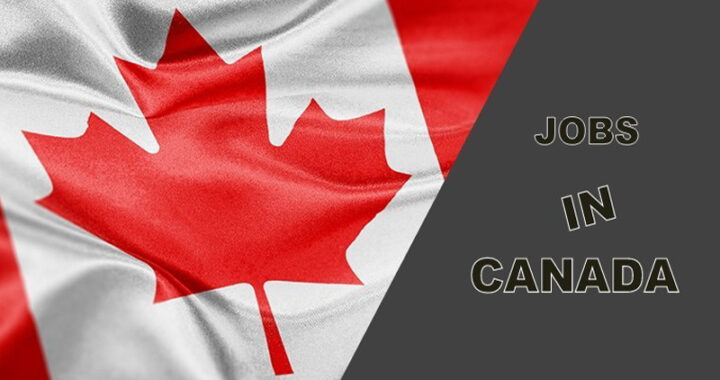Frankfurt Book Fair a bazaar for Indian publishers
Frankfurt — The Indian pavilion at the Frankfurt Book Fair is reminiscent of a bazaar in New Delhi, Mumbai or Bangalore – the booths occupied by publishers are about the size of a normal shop in India. The close proximity of so many competitors from the same industry is also similar to India – in the subcontinent competitors often open up next door to each other.
Communication is vital: for that reason Indians go to their bazaars and Indian publishers to the Frankfurt Book Fair, where the country is this year’s Guest of Honour. “It’s mostly about face to face contact. There’s no way to substitute this,” says Thomas Abraham of Penguin India.
More than 170 Indian publishers are present at the fair, which runs until Oct 8 and India, enjoying guest country status for the second time since 1986, expects a lot of attention.
For example, the small publisher Radical Books has for several years sent an agent to the Frankfurt event but has its own stand there this year.
“We are here to sell our new book which will be on the market this month,” says Prateek Kathuria. The book is a collection of Indian fairy tales for children and is illustrated in the style of regional art.
Kathuria has brought a selection of the publisher’s output to Frankfurt. In India, the firm concerns itself mainly with school books, but Radical Books hope that German interest in Bollywood films will also lead to Indian fairytales on German children’s bookshelves.
However, Kathuria is not just seeking a German publishing partner at the Frankfurt Book Fair as the entire publishing world comes to the world’s largest trade fair for books.
Volumes on themes such as design and architecture from Europe and the US found plenty of buyers in India.
However, picture books from Europe are no longer exotic in India where even the Ikea catalogue is now widely available.
Therefore, the publisher has had to turn its business model around.
According to Gaurav Sabharwal of Prakash Books, people here now ask: “What do we have in India which would be of interest in the West?”
Prakash Books now publishes picture books on Indian topics – interior design such as furniture and carpets, as well as cookery books containing opulent photos. Sabharwal hopes these books will excite interest here.
Abraham of Penguin India sees things slightly differently. “Most of that work has been done long before the book fair,” he says.
However, contacts with small publishers from other countries can only be developed in direct contact, he adds, the kind of contact the Frankfurt Book Fair offers.
The book fair is important for presenting the work of authors seeking foreign publishers.
Abraham hopes that Baby Halder’s autobiography “A Life Less Ordinary” – a harrowing tale of child marriage and domestic servitude in India – will interest German publishers.
The book, a bestseller in India, was originally published in a regional language, then in English by the small feminist publishing house, Zubaan, which has a partnership with the large Penguin India concern – an example of the kind of publisher-to-publisher contact that Indian publishers hope to achieve in Frankfurt.

 Get To Know Everything About Canadian Experience Class immigration
Get To Know Everything About Canadian Experience Class immigration  How To Find Perfect Professional Contacts For Getting Jobs in Canada?
How To Find Perfect Professional Contacts For Getting Jobs in Canada?  You can’t miss this News, if Eyeing for Canadian Permanent Residency
You can’t miss this News, if Eyeing for Canadian Permanent Residency  A Canadian Woman was Detained by U.S. Border Guards for 5 hours!
A Canadian Woman was Detained by U.S. Border Guards for 5 hours!  Canadian Trucking Alliance Calls the Canadian Government to safeguard the immigrant Truck Drivers Rights
Canadian Trucking Alliance Calls the Canadian Government to safeguard the immigrant Truck Drivers Rights  What actions by Trump Government are in store for illegal immigrants in US? What are Challenges to deport illegal immigrants from US?
What actions by Trump Government are in store for illegal immigrants in US? What are Challenges to deport illegal immigrants from US?  Recent Changes to Canada’s Work Permit Rules and its impact on Immigrants from India
Recent Changes to Canada’s Work Permit Rules and its impact on Immigrants from India  Applications for UK Immigration witness major decline as the Immigration Laws undergo significant changes
Applications for UK Immigration witness major decline as the Immigration Laws undergo significant changes  What are changes in Canada Start up Visa Program and Self-Employed Persons Program. How would it affect the potential immigrants to Canada?
What are changes in Canada Start up Visa Program and Self-Employed Persons Program. How would it affect the potential immigrants to Canada?